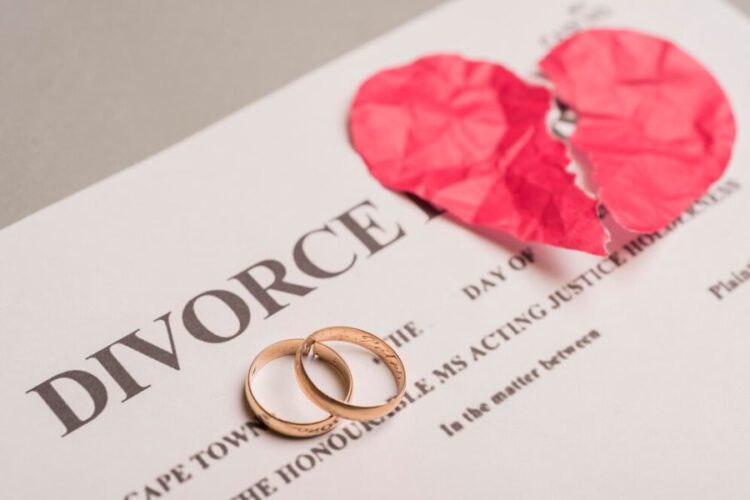Divorce is a complex and emotional process that requires careful decision-making, particularly when choosing between mediation and litigation. Both approaches aim to resolve disputes but differ significantly regarding procedure, cost, and emotional impact. This holds true in places like Orange County as well.
For individuals navigating this process, an Orange County family law attorney can provide valuable insights into the best course of action for their unique circumstances.
What Is Mediation?
In mediation, the parties collaborate with an impartial mediator to reach agreements on matters like support, child custody, and property distribution. This approach focuses on collaboration and shared decision-making.
Key Benefits of Mediation:
- Cost-Effective: Since mediation avoids drawn-out court fights, it is typically less expensive than litigation.
- Time-Efficient: Sessions are scheduled based on the parties’ availability, often leading to faster resolutions.
- Confidentiality: Discussions during mediation remain private, unlike court proceedings, which are part of the public record.
- Control Over Outcomes: Couples retain control over decisions rather than leaving them to a judge.
- Reduced Conflict: Mediation fosters a less adversarial environment, which can significantly benefit families with children.
However, mediation may not be suitable for all cases. If significant power imbalances or unresolved conflicts exist, reaching an agreement can become challenging.
What Is Litigation?
Litigation is the process of settling conflicts in court. Each party is represented by legal counsel who presents their case before a judge, who then makes legally binding decisions on contested issues.
Key Features of Litigation:
- Structured Process: Litigation follows formal legal procedures, including evidence discovery and court hearings.
- Judicial Oversight: A judge ensures fairness and adherence to legal standards.
- Mandatory Disclosure: Both parties must disclose financial and other relevant information under oath.
- Suitability for Complex Cases: Litigation is often necessary for high-conflict divorces or cases involving intricate financial arrangements.
While litigation provides legal protections and finality, it can be time-consuming, costly, and emotionally draining. The adversarial nature of court proceedings can also exacerbate tensions between parties.
Choosing the Right Path
The intricacy of the issues at hand, the degree of dispute between the parties, and the requirement for legal supervision are some of the variables that influence the choice between mediation and litigation.
Mediation is the best option for couples who are willing to make concessions and are looking for a peaceful ending. On the other hand, where disagreements are deeply ingrained or include safety issues, litigation can be inevitable.
However, mediation can also be viable if the parties are willing to work toward a resolution and prioritize finding a mutually beneficial solution.
Final Thoughts
It’s critical to approach the process with an open mind and a willingness to find a solution that benefits both parties, regardless of the route you decide to take. Recall that finding a win-win solution is more critical for a successful resolution through mediation or litigation than winning or losing.
So take the time to reflect on your needs and priorities before making a decision, and be prepared to work together towards a positive resolution. By communicating openly and respectfully, you can overcome any challenges and become stronger and more empowered.
Good luck on your journey towards resolution!










